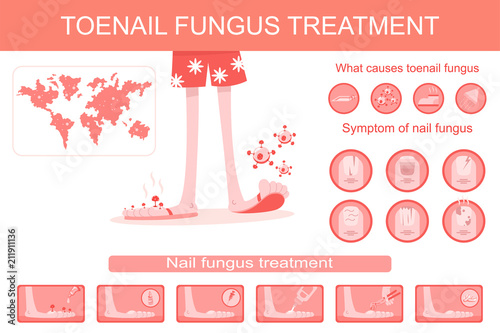Can Diet Plan Adjustments Aid Lymphedema Manifestations?
Can Diet Plan Adjustments Aid Lymphedema Manifestations?
Blog Article
Web Content Develop By-Hudson Cruz
If you're managing lymphedema, you may ask yourself how much your diet truly impacts your signs and symptoms. Specific foods can play an essential duty in taking care of swelling and fluid retention. By making please click the next website , you might possibly enhance your overall health and wellness. However what exactly should you include or prevent in your meals? The response could stun you and could bring about considerable improvements in your condition.
Recognizing Lymphedema and Its Symptoms
Lymphedema takes place when lymph fluid develops in your cells, often bring about swelling, especially in the arms or legs. This problem can develop after surgical procedure, radiation therapies, or because of hereditary elements.
You could observe rigidity or thickness in the afflicted area, and your skin might really feel extended or show up glossy. In many cases, you might experience discomfort or discomfort.
It's critical to recognize these signs and symptoms early, as unattended lymphedema can cause problems like infections or flexibility issues. Keeping an eye on changes in your body's sizes and shape can aid you manage the problem.
Understanding lymphedema is the first step toward reliable monitoring, permitting you to look for suitable treatments and take control of your health.
Foods That May Help Manage Lymphedema
When taking care of lymphedema, incorporating certain foods into your diet plan can make a substantial difference.
Focus on foods rich in anti-oxidants, like berries, which help reduce inflammation. Leafy greens, such as spinach and kale, give essential minerals and vitamins that sustain general health and wellness.
Integrating lean proteins, like poultry and fish, can aid in tissue fixing and advertise a healthy immune system. Also, consider including healthy and balanced fats from resources like avocados and olive oil, which can improve blood circulation.
Staying hydrated is vital, so drink plenty of water and delight in moisturizing foods like cucumbers and watermelon.
Lastly, limit processed foods and sugars, as they can contribute to inflammation and get worse signs and symptoms. Making these dietary modifications might help you better manage lymphedema.
Practical Dietary Techniques for Relief
Making nutritional adjustments is simply one part of managing lymphedema; functional strategies can also play a significant role in giving alleviation.
Start by remaining moistened-- drink plenty of water to help reduce swelling. Integrate anti-inflammatory foods like berries, fatty fish, and leafy environment-friendlies right into your dishes.
Attempt to limit processed foods high in salt and sugar, as they can result in fluid retention. Eating smaller sized, extra regular dishes can also reduce digestion and aid control your body's action.
In addition, think about maintaining a food diary to track what benefit you and what does not.
Finally, talk to a nutritional expert who focuses on lymphedema for tailored recommendations, which can substantially improve your general monitoring plan.
Verdict
Including dietary changes can make a real distinction in taking care of lymphedema signs and symptoms. By concentrating on antioxidant-rich foods, lean healthy proteins, and healthy fats, you can support cells fixing and circulation. Staying hydrated is critical, too, while avoiding processed foods and high-salt products helps in reducing inflammation and fluid retention. With a balanced diet regimen and potentially assistance from a nutritional expert, you'll not only boost your signs yet also enhance your total lifestyle. Take charge of your health and wellness today!
